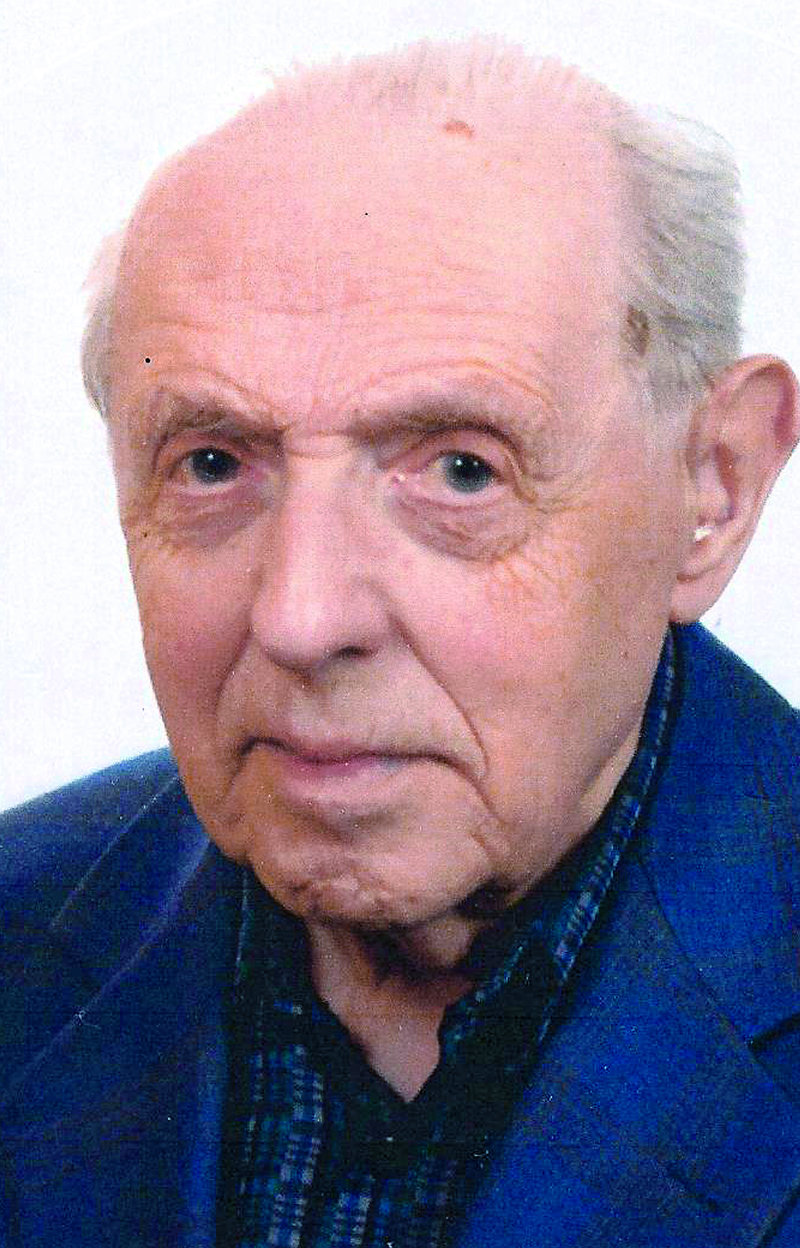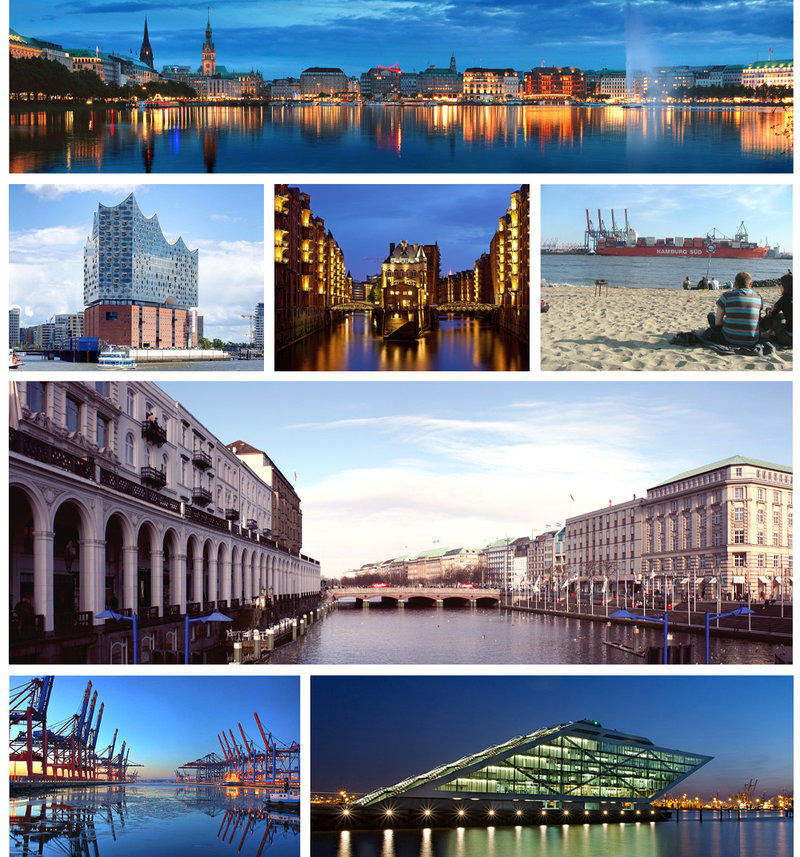Catalans Abroad
Pere Grau i Rovira
.
A second homeland
Why did you leave Catalonia?
It was during Franco’s dictatorship. Because of my personal ambitions – all related to Catalan culture – the difficulties imposed by the regime were becoming increasingly severe. Some of my friends had been imprisoned and some even beaten by the fascist police. I decided to leave the country, along with another friend, and see if I could build a future abroad.
Why did you choose Hamburg?
I had studied German for four years, Germany was a recognised democracy, and the economy was growing. Hamburg was a centre of international trade, and I thought that here I would find one way or another to cover at least my basic needs. Due to circumstances that would be too long to explain, my new life was very hard. Staying in Catalonia would have been much easier but in the end it was worth it.
How long have you lived here?
For 60 years. I got here in my thirties and now I’ve got to the never-hoped-for age of 90. At least I’m lucky enough to have a clear head.
Are you happy with the job opportunities you found in your adoptive country?
Of course, the circumstances of that time have nothing to do with the opportunities that a young person can find now. The pandemic has changed everything. Until the beginning of the year, there was a shortage of staff in many trades. There are still some in the field of computer science and healthcare, but in most commercial and industrial branches there’s an increasing danger of mass unemployment.
What do you think is the best thing about living there?
Being able to enjoy the freedom of living in a truly democratic country and not in one where it’s only a façade, as happens in many respects in Spain.
What would you most like to change?
A lot of Germans, depending on their social and political position, would like to change many things. But I don’t think many people realise just how privileged they are to live in this Federal Republic. In any case, it’s not my place to find fault.
What do you miss most from home?
The personal contact with family and friends, although the internet allows at least a virtual relationship.
What caracterises your neighbourhood?
My wife and I live far from the city centre, in a new neighbourhood that was built about 25 years ago on the grounds of an old army barracks, which was decommissioned after German reunification. Many young people and a lot of immigrants live there. And for us seniors, it’s green enough that we like it.
What do you consider the highlights for any brief visit for the first time?
The centre around the two lakes that form the Alster [a tributary of the river Elbe]. The port and a tour of the boats for tourists. A visit to the new emblematic Elbe Philarmonic Concert Hall – the terraces offer a phenomenal view of the port and the nearby neighbourhoods.
And if visitors have more time or make a return visit?
If you’re a fan of art, don’t miss the Hamburger Kunsthalle Museum, which is just as important as many other well-known museums. Also a visit to the town hall, the most ’magnificent’ building in the city.
What is the best experience you had in your adoptive country?
If I’m allowed to say so, the best thing I’ve ever experienced was meeting my wife, which compensated for all the hard times of the past.
Do you plan to go back to Catalonia?
No. It’s been a long time since I decided to end my life in my wife’s country, which is my second homeland.
CATALANS ABROAD hamburg (Germany)
Leave a comment
Sign in.
Sign in if you are already a verified reader.
I want to become verified reader.
To leave comments on the website you must be a verified reader.
Note: To leave comments on the website you must be a verified reader and accept the conditions of use.






